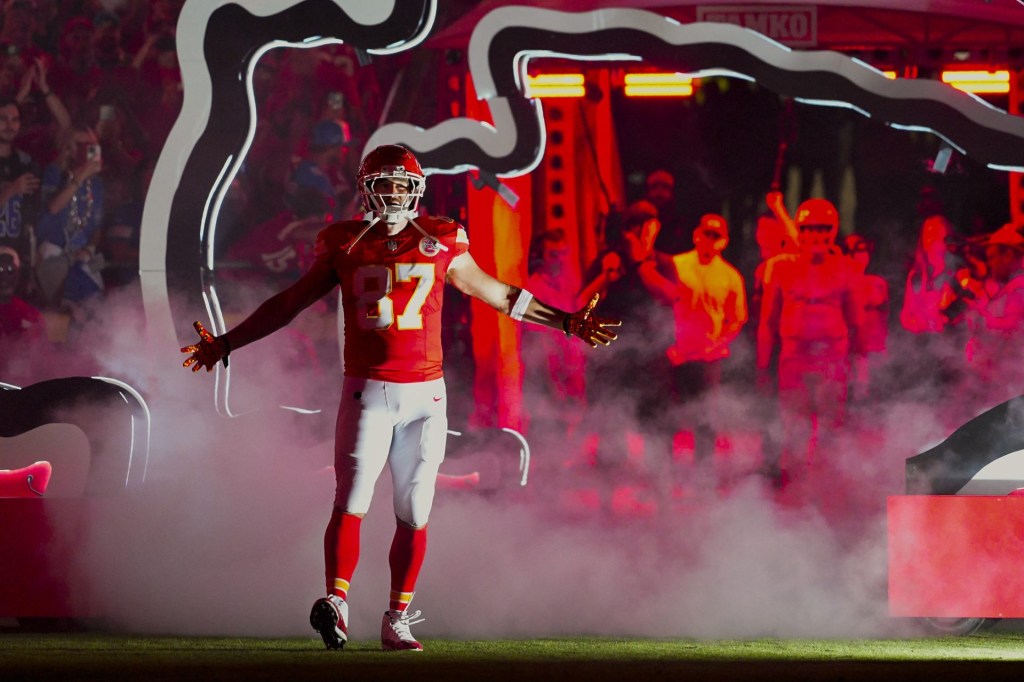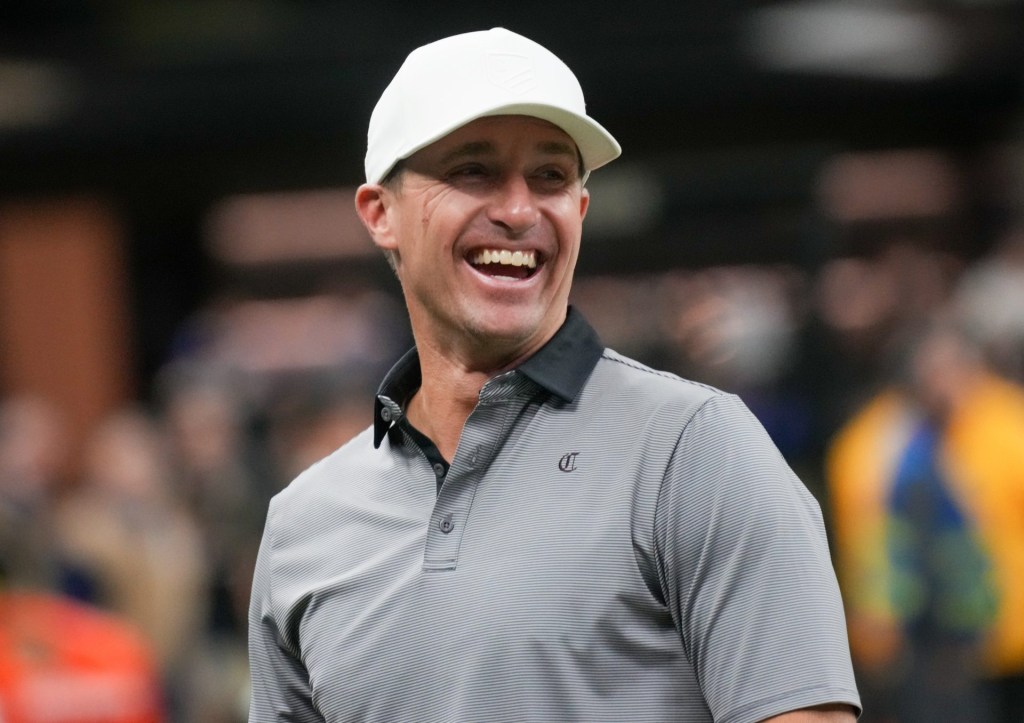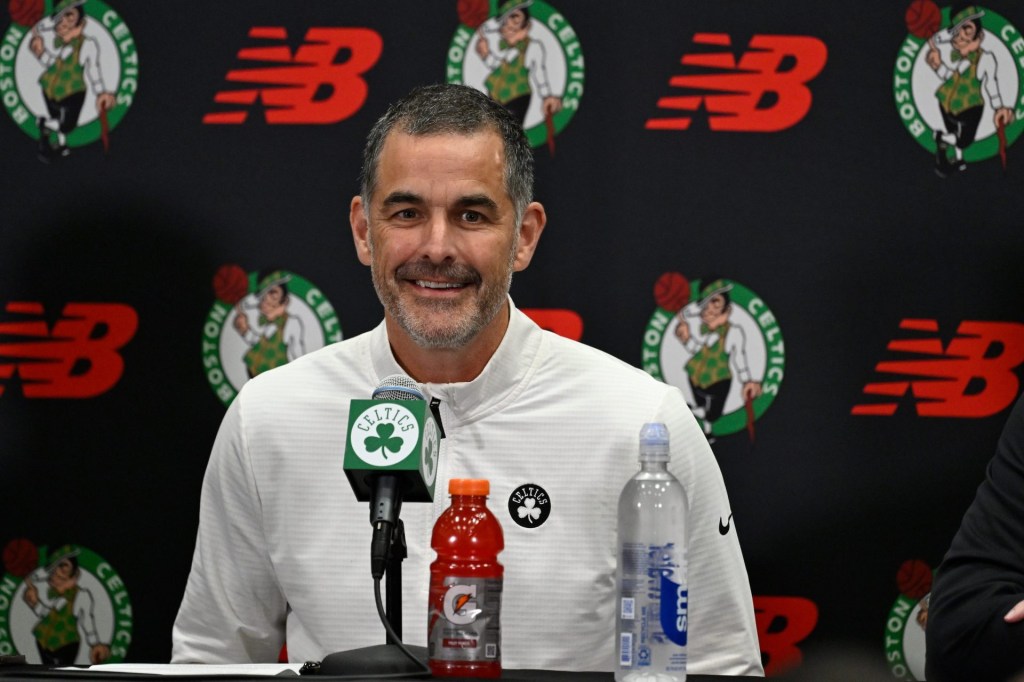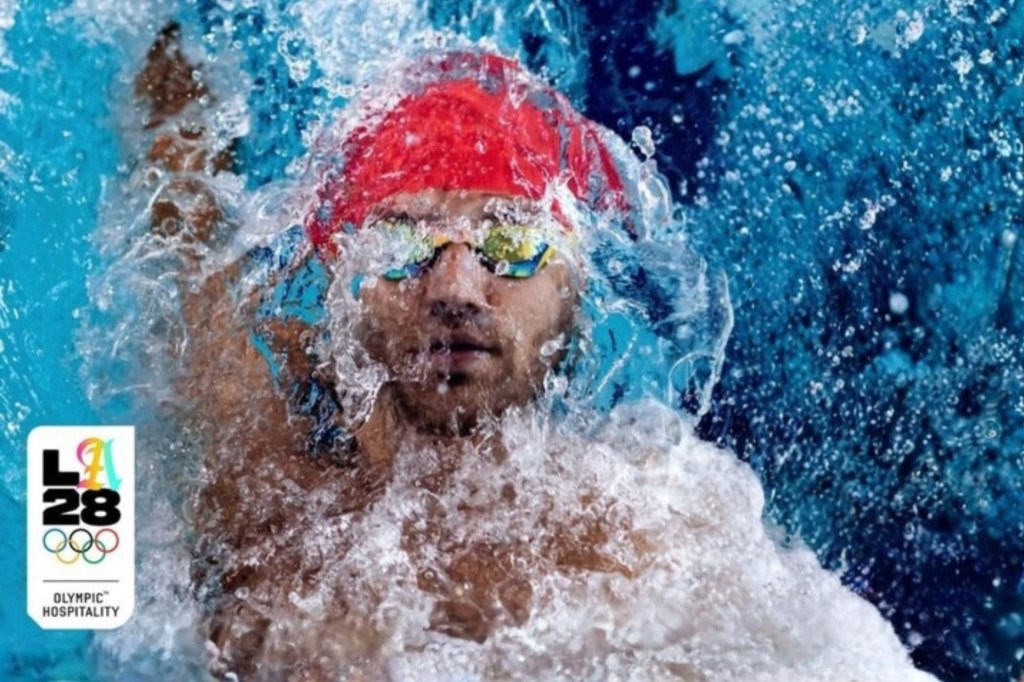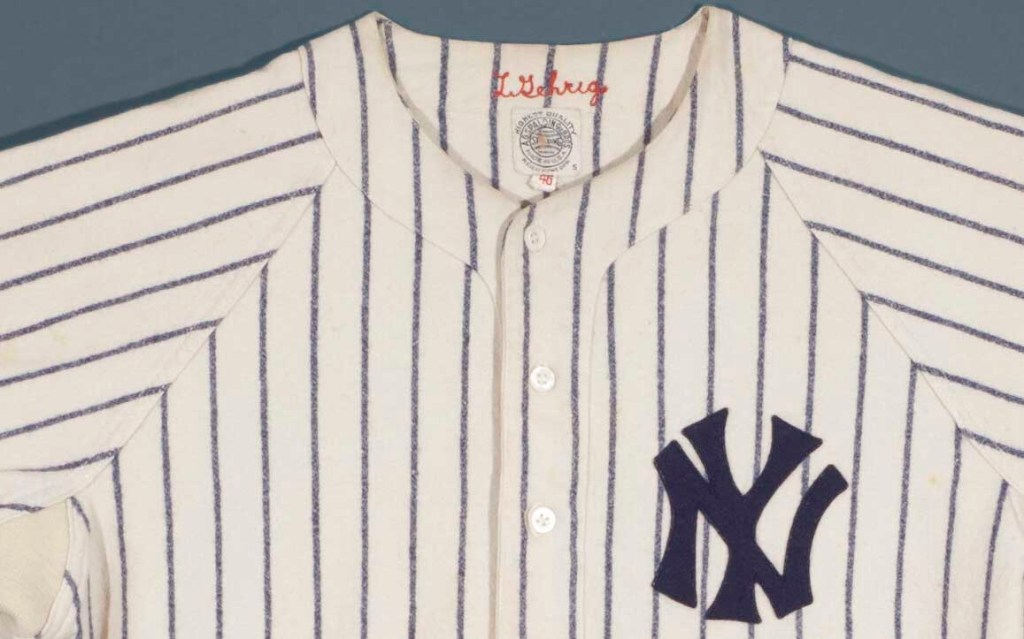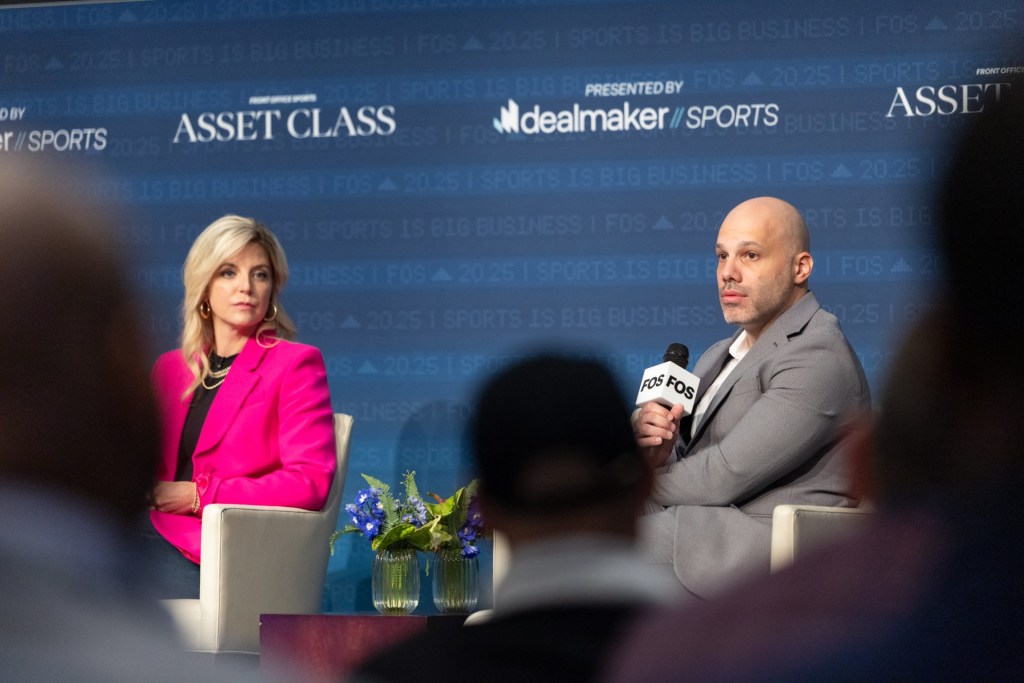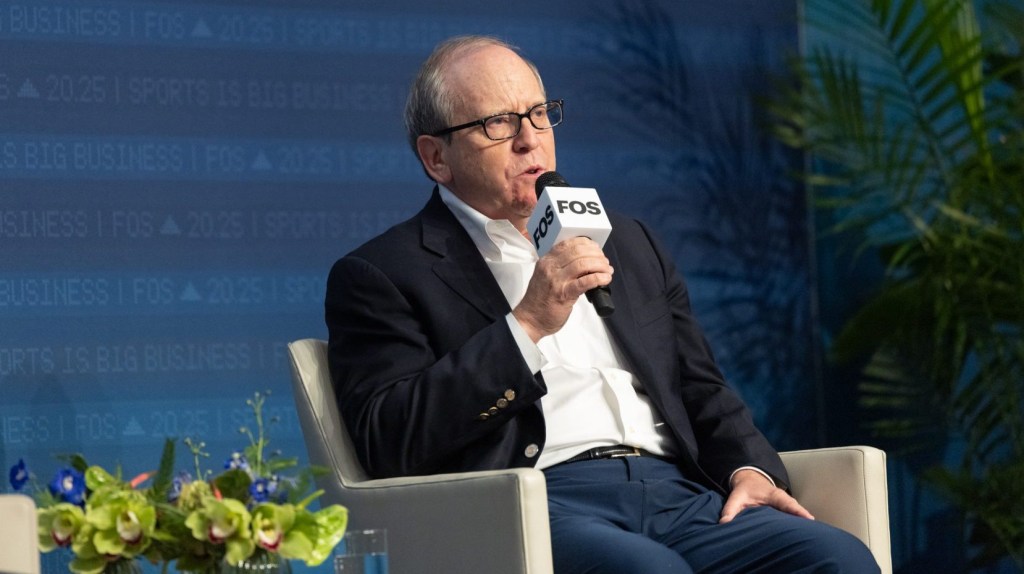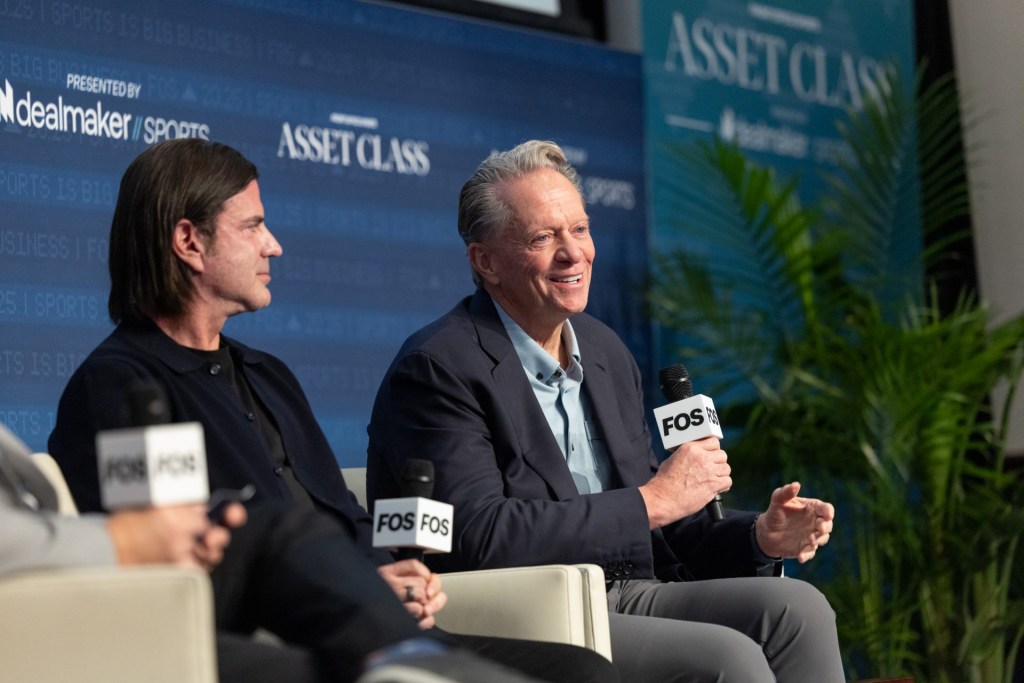The dispute between Penn Entertainment and an activist investor that wants control of the company’s board intensified this week, with HG Vora ripping Penn’s “ongoing assault on shareholder rights.”
The two sides have been going at it for some time, having held at least 25 meetings or calls over the last two years, according to Penn. HG Vora wants three board members of its choosing elected at Penn’s annual shareholder meeting, scheduled for June 17, but Penn said Monday that there are only two director seats open for election.
Penn, which the activist has criticized for poor performance tied to a shift to invest heavily in online sports betting, indicated in the statement Monday that HG Vora should be happy with the outcome. It’s pushing for shareholders to vote to elect two of HG Vora’s proposed nominees—Johnny Hartnett and Carlos Ruisanchez—and noted that after the upcoming election, 75% of the company’s directors will have joined the board since 2019.
HG Vora, which sued Penn in Pennsylvania federal court earlier this month, issued a statement Monday afternoon claiming Penn’s board purposely, and unilaterally, reduced the number of seats up for election to “deprive shareholders of their fundamental right to elect three directors of their choosing.”
According to the activist, Penn’s statement “reflects its continued and ongoing assault on shareholder rights and demonstrates the lengths this Board will go to entrench itself.”
The activist went further, calling out Penn’s “history of using the corporate machinery to thwart the will of shareholders, and its track record of value destruction,” and urged shareholders not to “tolerate such a manipulation of the electoral process.”
HG Vora owns a roughly 4.8% stake in Penn, which it says makes it “one of the largest shareholders.” It thinks Penn has plenty of potential—in fact, it believes the company “owns the best portfolio of geographically diverse regional casinos in the country.”
But the company’s online sports betting push, exemplified by its struggling partnership with Disney—a more than $2 billion deal for the right to the ESPN Bet trademark for 10 years—shows the current leadership, including CEO Jay Snowden, is not up to the task, according to HG Vora.
While Penn admits there has been “near-term volatility” due to its strategic shift into sports betting, it believes that will be its primary driver of business moving forward.
On Monday, Penn asked the federal judge overseeing the Pennsylvania lawsuit to pause the case, saying in a legal filing that HG Vora is “refusing to take yes for an answer,” and that the activist is trying to “create another seat on the board that does not now exist and to transform an uncontested director election into a contested one to justify the make-believe (and value-destructive) proxy fight plaintiffs have been waging against Penn.”
Representatives for Penn and HG Vora did not immediately respond to requests for comment.

![ESPN Bet broadcasts inside the PGA Tour Studios building in Ponte Vedra Beach, Florida, on March 14, 2025. [Clayton Freeman/Florida Times-Union]](https://frontofficesports.com/wp-content/uploads/2026/02/USATSI_25668497_168416386_lowres-1-scaled.jpg?quality=100&w=1024)


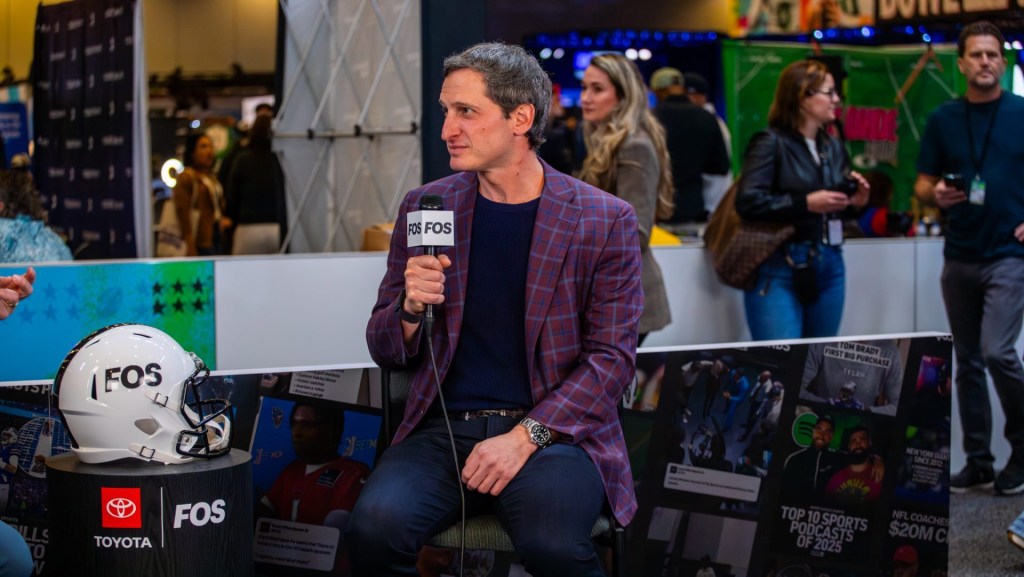
![[Subscription Customers Only] Jul 13, 2025; East Rutherford, New Jersey, USA; Chelsea FC midfielder Cole Palmer (10) celebrates winning the final of the 2025 FIFA Club World Cup at MetLife Stadium](https://frontofficesports.com/wp-content/uploads/2026/02/USATSI_26636703-scaled-e1770932227605.jpg?quality=100&w=1024)



